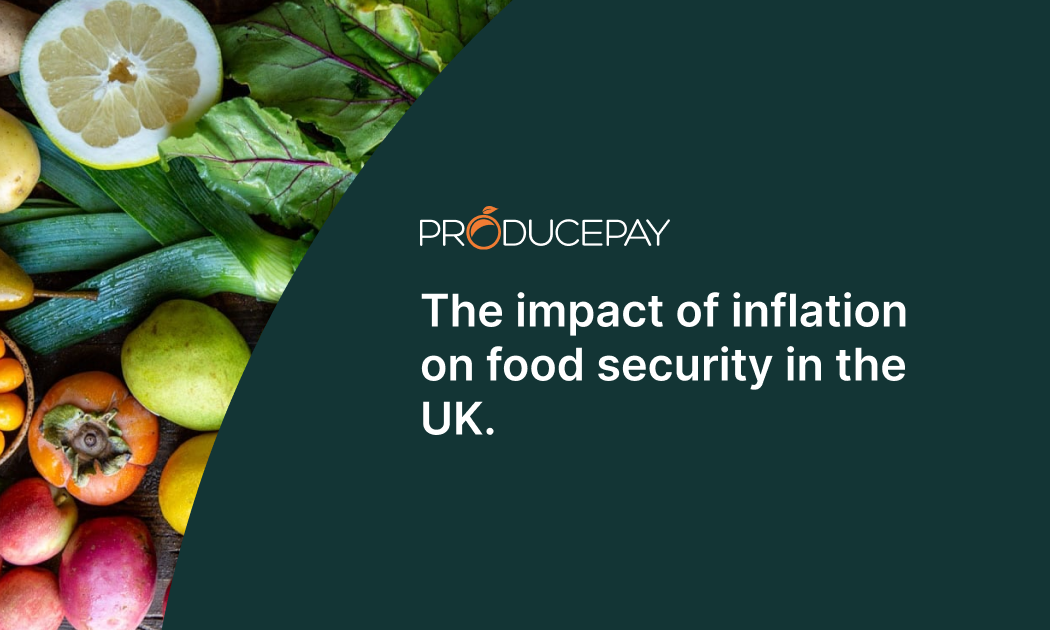
The impact of inflation on food security in the UK.
Inflation in the United Kingdom has pushed food prices to near-record levels. The government is considering implementing price caps on essential products, which could negatively affect the agri-food sector.
Food prices have increased by 17.2%, their third highest level since the global financial crisis of 2008. Driving this increase is an overall inflation rate that reached an all-time high of 9% through May of this year.
How does inflation affect food chains?
When inflation rises in a country, so do food prices. While it seems like this would benefit farmers and traders, they also feel the effects of rising prices.
When inflation rises, the prices of inputs, energy, freight and labor also increase, so production costs increase.
It is common for increased production costs to not immediately translate into higher food costs since sometimes the increases occur gradually over weeks or months.
Usually, an increase in inflation reduces the profits of agricultural production companies, although a higher product price could stabilize the situation.
It should also be noted that once a country’s inflation rate falls, it takes time for the prices of services and products to move back down, so the food production costs may remain higher than usual for several months, affecting farmers’ production season.
How can the agriculture industry manage inflation?
Growing inflation is not a problem exclusive to the United Kingdom, but its rates are well above the European average due to an unstable political and economic climate.
It is important to remember that rising inflation can affect the supply chains of any country. For example, Mexico reached 8.70% in September 2022 (although by April 2023, it had dropped to 6.25%).
Inflation is a macroeconomic condition that individuals cannot control. However, its impact can be mitigated to a limited extent:
- Productivity: Agriculture is a business, and productivity is crucial to a company’s success. Being productive means getting the best results with the least amount of resources, which is the main objective of farming.
- Diversification: Relying on a single crop is an increasingly risky decision. Therefore, farmers across several regions diversify their crops to reduce dependence to mitigate price fluctuations for specific products.
- Cooperation: Developing scale economies to reduce production costs is not new, but the importance of belonging to an association where strategic alliances are established to face risk together is becoming increasingly necessary.
Sources: CNN, The Guardian, The Conversation
